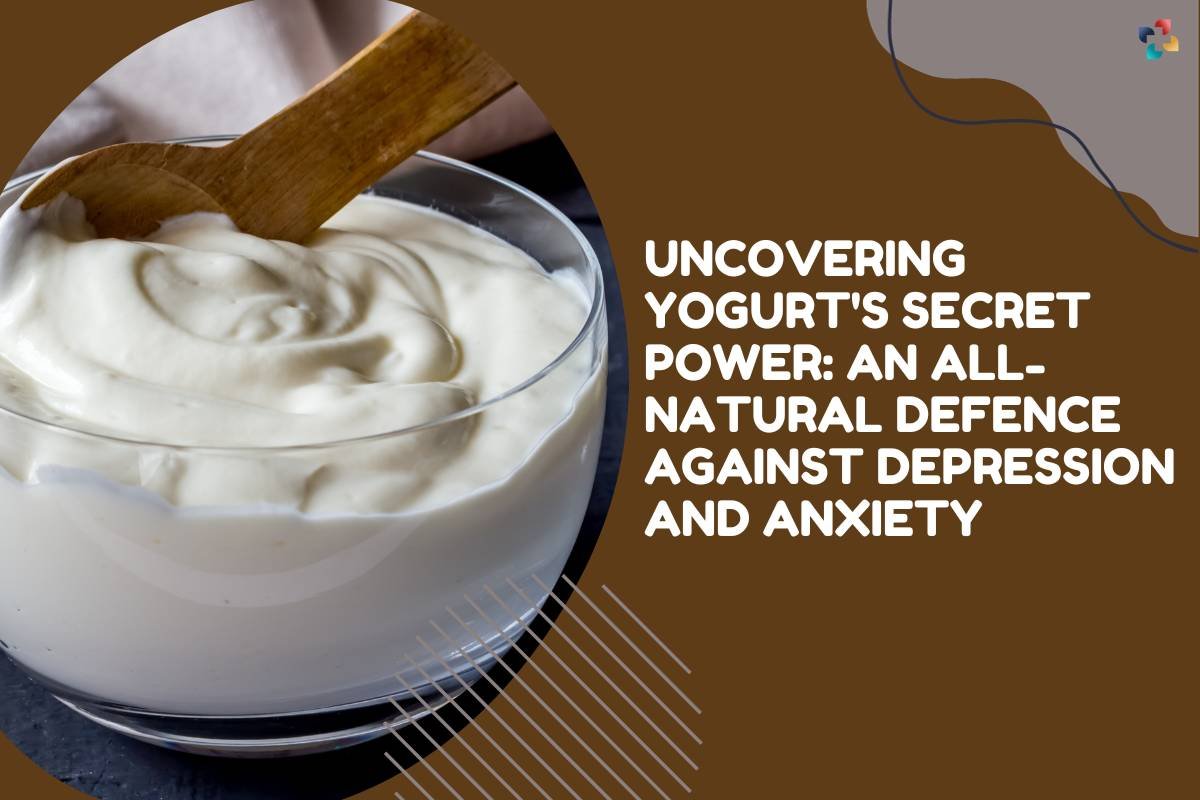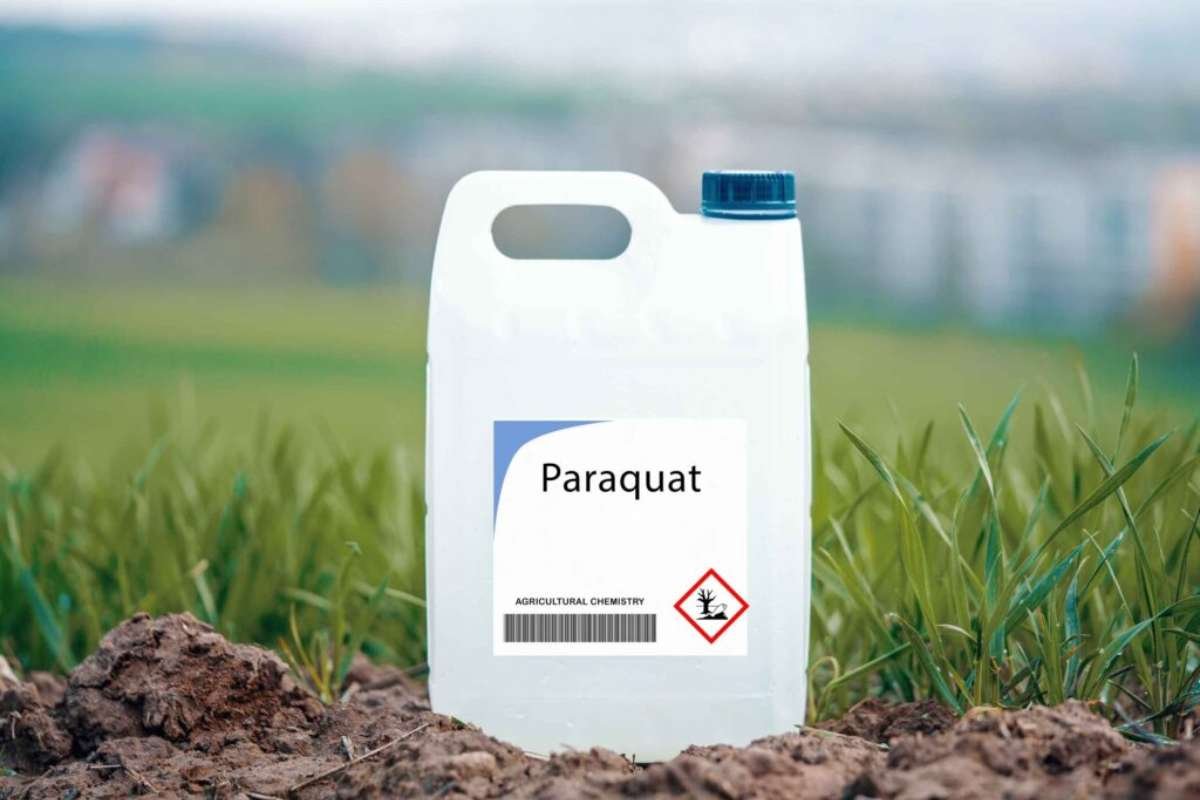The discovery of Lactobacillus’ critical role in stress management and its potential to prevent depression and anxiety has opened the door for the development of novel probiotic-based treatments for mental health issues.
Researchers at the University of Virginia School of Medicine have shown that the bacteria lactobacillus, which is present in yoghurt and fermented foods, helps the body cope with stress and may even help prevent depression and anxiety. The results pave the way for novel approaches to the treatment of depression and anxiety.
Lactobacillus’s Function in Mental Health
The role of Lactobacillus is identified in the new research by Alban Gaultier, Ph.D., and colleagues at UVA, setting it apart from all the other microbes that naturally reside in and on our bodies. Together, these organisms are referred to as the microbiota, and scientists are working harder and harder to target them in an effort to combat illness and enhance human health. The latest research from UVA is a significant advancement in that direction, giving scientists a fresh perspective on the function of individual bacteria that may help them find novel therapies and cures for a wide range of illnesses, both physical and mental.
“We have found that gut-resident Lactobacillus affects mood disorders through immune system modulation,” said Gaultier, who is affiliated with the TransUniversity Microbiome Initiative, the BIG Centre for Brain Immunology and Glia, and the UVA Department of Neuroscience. “Our study may open the door to the development of desperately needed treatments for depression and anxiety.”
Depression and Microbiota
Numerous bacteria, fungus, and viruses are naturally found in our stomachs. More microbes reside on and within us than there are bodily cells. That may sound repulsive, even frightening, but scientists are beginning to understand how important these microscopic organisms and their never-ending interactions are to the functioning of our immune systems, our mental health, and many other aspects of our wellbeing. A bad diet, illness, or other factor can disrupt the microbiota, which can lead to a variety of disorders and potentially aid in the spread of cancer. Thus, in recent years, scientists have been extremely enthusiastic about the possibility of using the microbiome to combat diseases.
Early attempts to use probiotics—beneficial bacteria—to alter the gut flora have yielded varying degrees of success. The microbiome’s extreme complexity has been a major contributor to the issue. With an estimated 39 trillion microorganisms inside each of us, attempting to comprehend the functions of individual bacteria or fungi, let alone how they interact with their host and all other microbes, might be likened to counting sand grains on a beach.
Yogurt Could Help Manage Depression and Anxiety
Novel Methods of Research
Gaultier and his colleagues employed a novel strategy to focus on Lactobacilli specifically. Previous studies conducted by Gaultier’s group revealed that the bacteria may be able to treat depression in lab animals, which is incredibly encouraging. Still, the researchers had to figure out how.
“We knew from previous studies that Lactobacillus helped with mood disorders and disappeared after psychological stress, but the underlying causes were not clear, mainly because of the technical difficulties in researching the microbiome.”
With a collection of bacteria known as Altered Schaedler Flora—which consists of two strains of Lactobacillus and six other bacterial strains—Gautier and his colleagues made the decision to carry out further study on depression. The scientists were able to produce mice with and without Lactobacillus using this infrequently used bacterial community, without the requirement for antibiotics.
Novel Discoveries
Indeed, the Altered Schaedler Flora yielded remarkable outcomes. It was made clear by Gaultier and his associates how Lactobacilli affect behaviour and how their absence can exacerbate depression and anxiety. They discovered that lactobacilli belonging to the Lactobaccillacea family preserve levels of interferon gamma, an immunological mediator that controls the body’s reaction to stress and helps prevent depression.
Equipped with this knowledge, scientists can now create novel approaches to treating and preventing depression and other mental illnesses where Lactobacillus is involved. Patients who are depressed or at risk for depression, for instance, may eventually take probiotic supplements designed to maximise their levels of the beneficial Lactobacillus bacteria.
According to researcher Andrea R. Merchak, Ph.D., “With these results in hand, we have new tools to optimise the development of probiotics, which should speed up discoveries for novel therapies.” Most significantly, we may now research potential treatments and preventions for depression and anxiety, such as maintaining a healthy level of Lactobacillus and/or interferon gamma.
The UVA scientists have published their findings in the journal Brain Behavior and Immunity.







